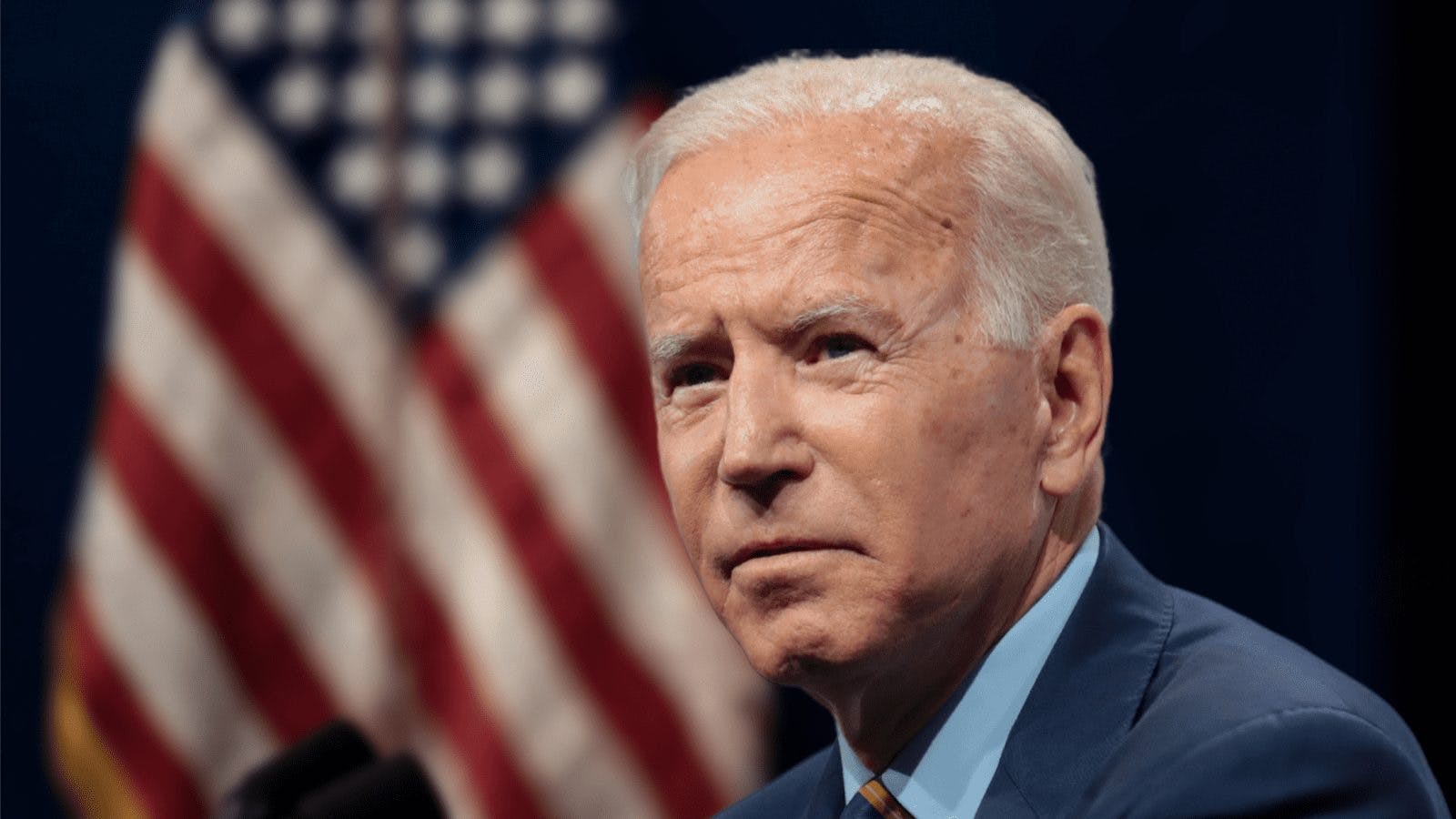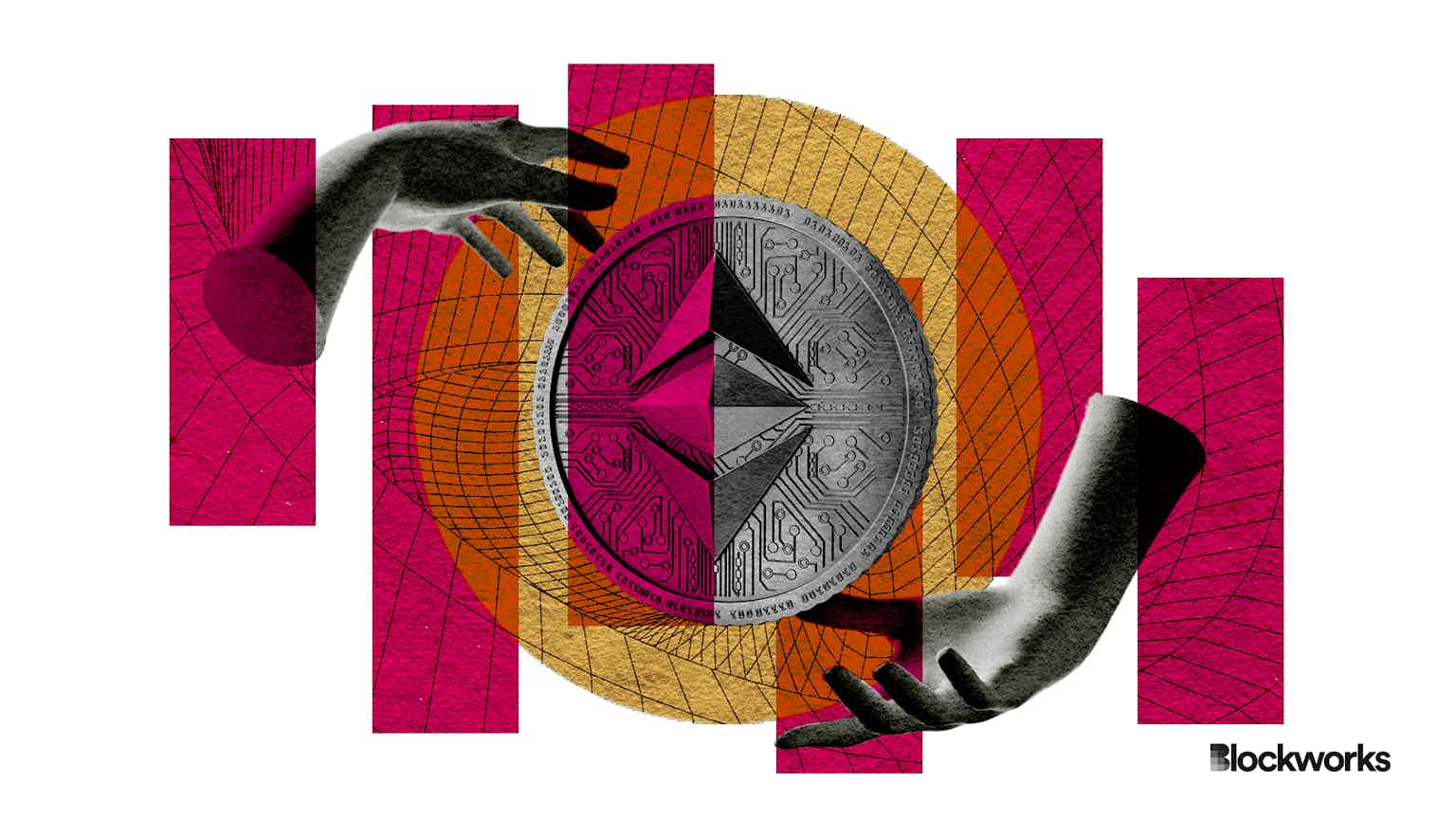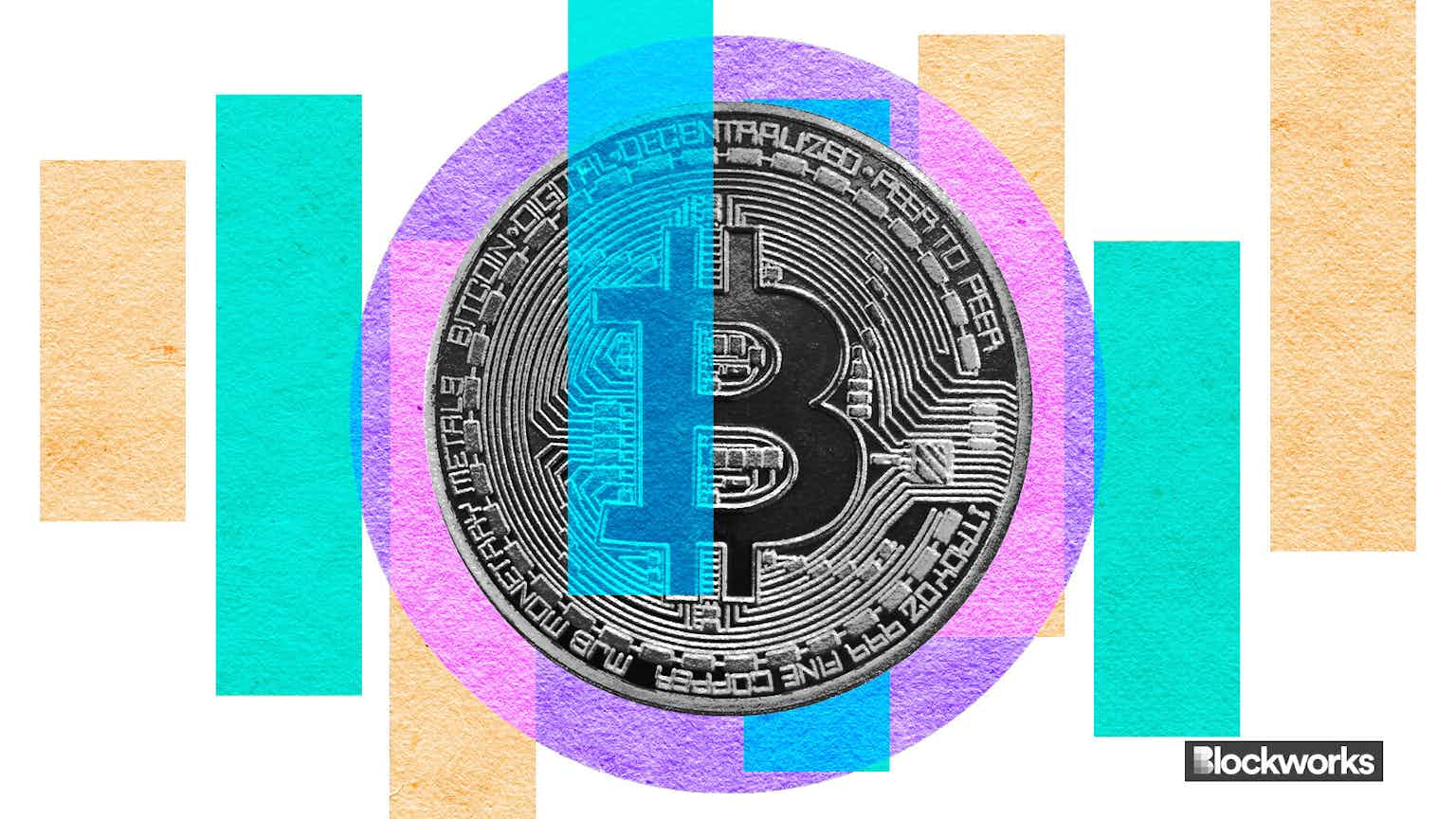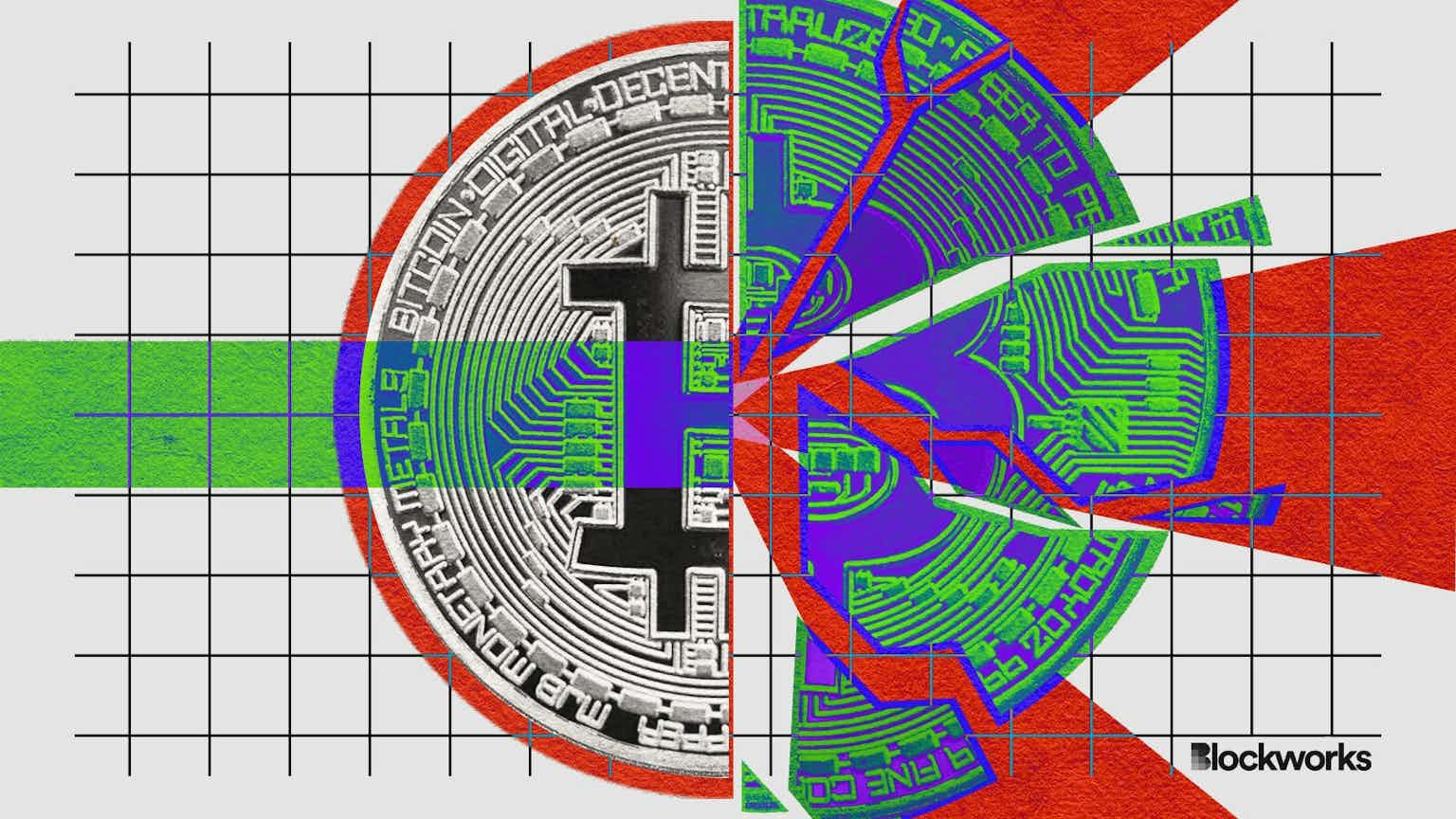2022 Will Be the Most Consequential Year in Crypto Policy Yet
An executive order is just the beginning

President Joe Biden | Source: Shutterstock
key takeaways
- Effective regulation will need input from a vast range of participants—many with conflicting aims
- Russia’s invasion of Ukraine has sharpened lawmakers’ focus on the need to police cryptocurrency use
Yesterday, President Biden signed an executive order to coordinate a unified approach to responsible innovation in digital assets. The fact that the executive branch of government is recognizing crypto is a testament to the growth of the industry and demonstrates a desire to advance America as the global leader in financial innovation.
Cryptocurrency policy is unique to say the least. At barely a decade old, the sector is capturing the attention of the media, the public — and Capitol Hill, including the president of the United States. The subject matter is complex and time-consuming to digest, blending elements of finance, banking, national security, tech, internet and IP policy. It has political themes that appeal to both sides of the aisle, but also raise concerns on other fronts.
The recent invasion of Ukraine and the role that cryptocurrencies are playing in helping channel funds to Ukraine — and potentially Russia, too — have sharpened US lawmakers’ focus on the technology. Congress is receiving daily briefings from world leaders and national security experts on what must be done to deter Russian aggression. With Congress looking at every tool possible to deter Russia, many are looking to crypto as both an opportunity and a threat, thus teeing up a consequential year for crypto policy.
The regulatory and legislative landscape of crypto moves faster than nearly any other policy issue as countries realize the current regulatory paradigm doesn’t always capture the technology in the most efficient way. Information and intel about pending regulation and legislation is shared and debated freely through platforms such as Twitter, Reddit and Discord — something not commonly observed in other policy areas.
Additionally, the demographics of these users also widely varies from the traditional financial system. The use cases are just as diverse. An example is the fast and efficient means of contributing to the Ukraine government, with over $60 million in crypto being raised immediately deployed for buying body armor, among other supplies, for soldiers.
Making this debate more complicated, the leading voices for cryptocurrency regulation on Capitol Hill are also as unique as the policy issue itself. There are conservatives, progressives, privacy hawks, “big tech” skeptics, community bank advocates, Wall Street cynics, and national security experts. All of them care about getting this issue right, but from different points of view.
A common theme among many of these members is that they are young. Now, “young” for Congress is a relative term as the average age of a representative is 58 and for senators it is 63, but this generational difference in viewing policy has been seen before on issues like marijuana banking.
It cuts through party lines but also has an immense set of unique challenges as those in the skeptical camp tend to skew older in age, as Congress rewards experience through powerful committee positions.
The path forward for crypto regulation is also a frontier still being discovered. As new products and services are created on a near-daily basis, some fit the regulatory capture points from preexisting laws and regulations (such as complying with current sanctions.) Others fail to be explicitly covered in the current regulatory environment, and how to properly regulate them is still up for debate.
This is what makes crypto policy so exciting. Similar to the early days of space exploration, there’s a human desire to be the first to explore something entirely new, determine which innovations present the most promise and learn from mistakes of the past so everyone benefits.
However, getting involved is no easy task and not for the faint of heart. Tackling complex and new topics that evolve on a weekly basis is tough. Those who rise to the challenge and see the immense opportunity presented by crypto, non-fungible tokens (NFTs), stablecoins and decentralized finance (DeFi) are looking beyond the party politics that bog down DC.
Instead, they are seeking a way to work with industry, regulators, academics, think tanks and their colleagues to get this right. A few years ago, there were just a handful of members of Congress, but today the crypto movement inside the Beltway is growing dramatically.
To those policymakers who choose to join their colleagues in tackling this vast digital frontier, welcome! There is a lot to do and more areas to explore. Let’s get after it!
Don’t miss the next big story – join our free daily newsletter.





